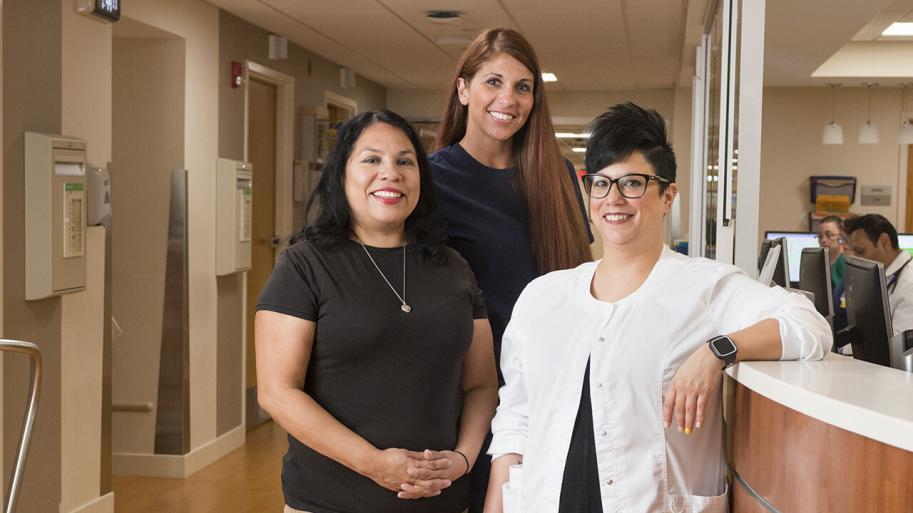NURSE EDUCATOR (MSN)
Graduates of the Nurse Educator concentration are prepared for careers in a variety of nurse educator roles, including undergraduate academic programs, professional development programs, and patient education. The successful completion of the Nurse Educator concentration provides the foundation for certification through the National League for Nursing (Certified Nurse Educator) or the American Nurses Credentialing Center (Nursing Professional Development-Board Certified). Additional experience and studying are required depending on the specialty certification selected.
MSN core content includes nursing theory, evidence-based practice, graduate writing, statistics, healthcare policy, and nursing informatics. Advanced clinical knowledge is developed through courses in physical assessment, pathophysiology, and pharmacology while educational courses include teaching/learning, assessment/evaluation, and curriculum design. Students are provided opportunities to apply knowledge through practicum and capstone courses.


